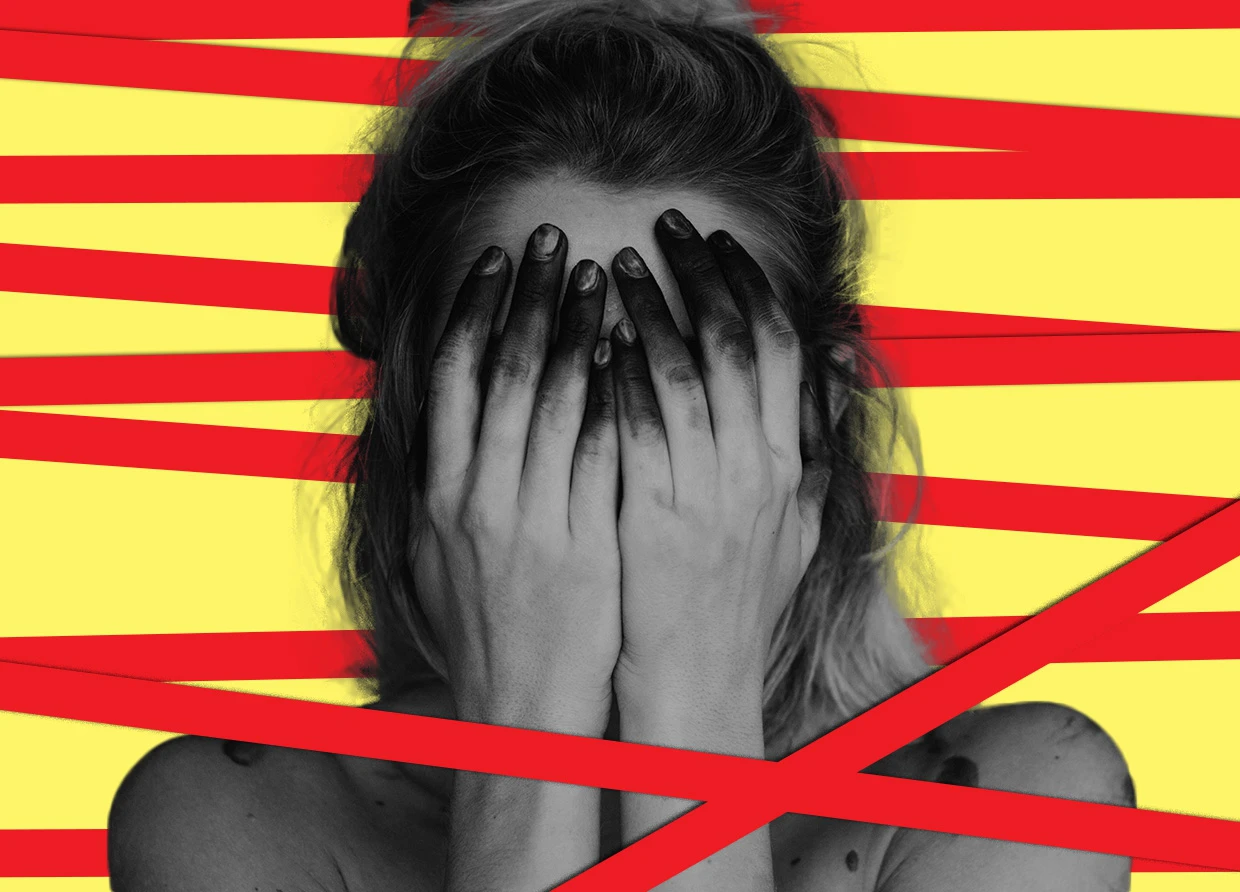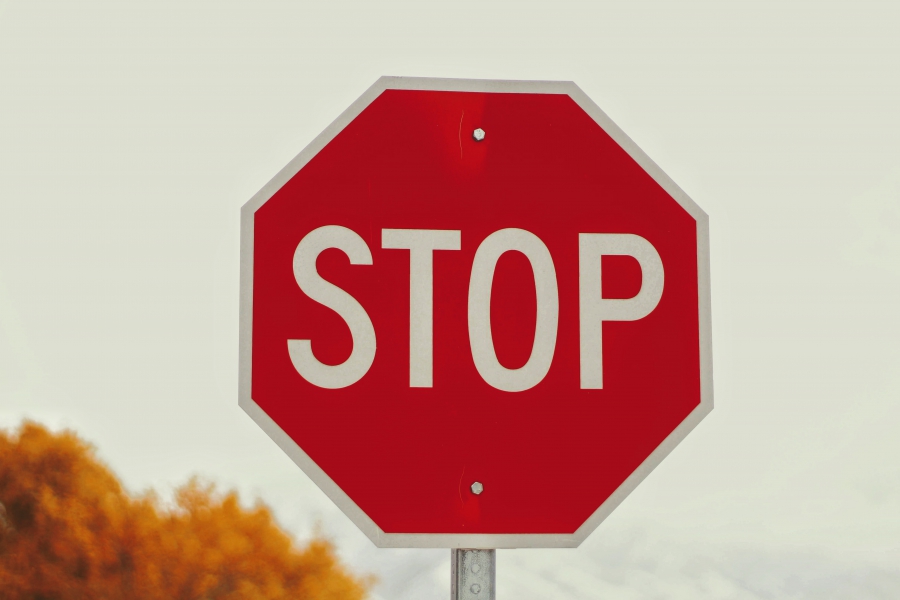HOW TO KNOW IF YOU'RE HAVING A BURNOUT
Stacks of responsibilities, pressures and demands might exhaust you from time to time, but what are the signs that things are definitely not okay and you're actually facing burnout?

Despite not being classified as a medical condition, according to WHO, burnout is a part of the 11th Revision of the International Classification of Diseases or ICD-11.
Burnout is defined as a state of emotional and physical depletion caused when you're overloaded, emotionally spent, and unable to keep up with constant demands. As the tension builds, you lose interest and drive in the position you took on in the first place.
Here's how they might come to be: As the pandemic brought plenty of changes to our daily activities as hundreds of thousands of individuals were infected by COVID-19, millions more are concerned about keeping their jobs and paying their rent and mortgages. Working parents, meanwhile, must balance their occupations while also acting as substitute instructors for youngsters who have been sent home from schools that have been ordered to close.
The reasons above are just a few of the inevitable elements that cause burnout.
Burnout has negative consequences in every aspect of your life, including your home, career, and social life. It can also lead to long-term changes in your body, making you more susceptible to diseases such as colds and flu. Thus, one's must address this circumstance as soon as possible to prevent the numerous effects it'll bring.
What are the signs of burnout?
Burnout is caused by relentless stress, but it is not the same as being too stressed. Stressed people may still believe that they will feel better if they simply get everything under control. On the other side, burnout is a state of not being and having enough.
Burnout develops over time. It doesn't happen overnight, but it does have the ability to sneak up on you. Although signs of symptoms might appear mild in advance, they worsen over time.
These are the signs you might (or are about to have) a burnout:
- Muscle pain or headaches on a regular basis
- Constant feeling of exhaustion and depletion
- Changes in appetite and habits
- Feelings of self-isolation
- Overwhelming pessimism
- Lack of motivation
- Decreased sense of accomplishment and contentment
- Constant desire of procrastination
What to do if you have a burnout

Communicate
As much as you believe you'd better handle this alone, no, you wouldn't. Opening up to someone might bring a positive impact to take you out of the burnout state. Talk to your closest relatives about this issue.

Set limits
Burnout might also be caused by too many "yes" you gave people. Learn to say "no" when you know the request is too heavy to be accomplished. One might take this as an offense, but accepting their requests merely to prevent them from getting offended will cause more trouble for both parties.

Take a social media break
Every day, schedule a period when you will be entirely disconnected. Turn off your phone, put your laptop away, and stop checking your email or social media. This will give you a much-needed peaceful time for a while.


























